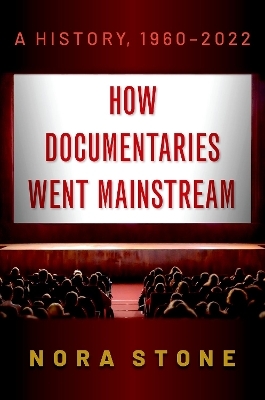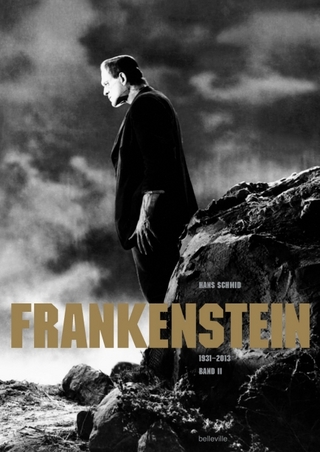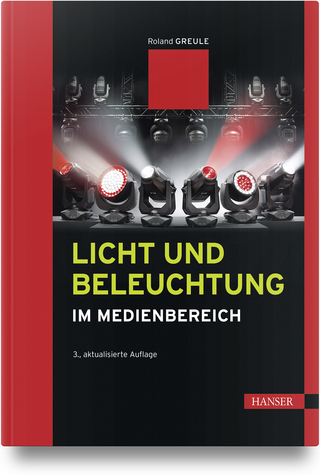
How Documentaries Went Mainstream
Oxford University Press Inc (Verlag)
978-0-19-755730-3 (ISBN)
Since the 1960s, documentary films have moved closer to the mainstream, thanks to the popularity of rockumentaries, association with the independent film movement, support from public and cable television, and the rise of streaming video services. Documentary films have become reliable earners at the U.S. box office and ubiquitous on streaming platforms, while historically they existed on the margins of mainstream media. How do we explain the growing commercialization of documentary films and the conditions that fueled their transformation?
The growing commercialization of documentary film has not gone unnoticed, but it has not been sufficiently explained. Streaming and the growing interest in reality TV are usually offered as initial explanations whenever a documentary enters the cultural conversation or breaks a box-office record, but neither of those causes grapple with the overlapping causal mechanisms that commercialized documentary film. How Documentaries Went Mainstream provides a more comprehensive and meaningful periodization of the commercialization of documentary film. Although the commercial ascension of documentary films might seem meteoric, it is the culmination of decades-long efforts that have developed and fortified the audience for documentary features. Author Nora Stone refines rough explanations of these efforts through a robust synoptic history of the market for documentary films, using knowledge of film economics and the norms of industry discourse to tell a richer story. This periodization will allow scholars to compare the commercialization of documentary film with other genres. Drawing on archival documents, industry trade journals and popular press, and interviews with filmmakers and film distributors, Stone illuminates how documentary features have become more plentiful, popular, and profitable than ever before.
Nora Stone is a film historian and filmmaker teaching at the Birmingham-Southern College. She earned a PhD from the University of Wisconsin-Madison, and has published work in Media Industries Journal, Historical Journal of Film, Radio, and Television, and Los Angeles Review of Books. Her short films have screened at the Maryland Film Festival, Wisconsin Film Festival, Architecture and Design Film Festival, among others. She produced and art-directed the independent feature film A Dim Valley (distributed by Altered Innocence).
Introduction: How Documentaries Went Mainstream
Chapter 1: 1960 to 1977, Direct Cinema Blossoms, But Little Support for Documentary Films in Theaters
Chapter 2: 1978 to 1989, A Rising Tide: How the Independent Film Movement Boosted Documentaries
Chapter 3: 1978 to 1990, Fighting For A Place On Public Television: Independent Filmmakers Lobby
Chapter 4: 1990 to 1999, Television or Cinema? Redefining Documentary for Prestige and Profit
Chapter 5: 2000 to 2007, The Docbuster Era
Chapter 6: 2008 to 2022, Streaming Video Drives Documentary Production Trends and Private Investment
Conclusion: Documentary Film Inches Closer to the Center, But Core Tensions Remain
Bibliography
Index
| Erscheinungsdatum | 18.04.2023 |
|---|---|
| Verlagsort | New York |
| Sprache | englisch |
| Maße | 235 x 158 mm |
| Gewicht | 349 g |
| Themenwelt | Kunst / Musik / Theater ► Film / TV |
| ISBN-10 | 0-19-755730-9 / 0197557309 |
| ISBN-13 | 978-0-19-755730-3 / 9780197557303 |
| Zustand | Neuware |
| Informationen gemäß Produktsicherheitsverordnung (GPSR) | |
| Haben Sie eine Frage zum Produkt? |
aus dem Bereich


